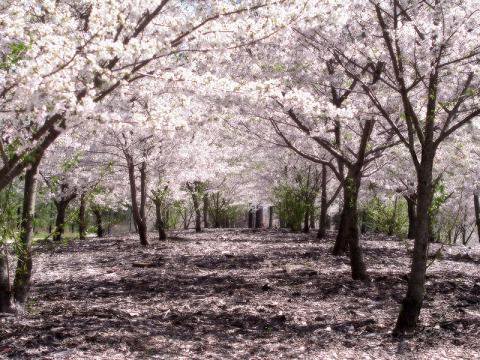Prologue: Rain
 They met on a 1954 locomotive. It was a more simple time. Water was not restrictive and rain falls free from the sky for the taken.
They met on a 1954 locomotive. It was a more simple time. Water was not restrictive and rain falls free from the sky for the taken.Their love itself was as simple and primitive as the locomotive they were riding. Amanda didn't know he was a renowned doctor in world ecology; Leland didn't know she was a lawyer respected in the deepest circle. They were honest; they admitted it was the pure physical attraction that led them together. His hello led no room for doubt of his interest and her smile back was equally straightforward. Yet, if it was their mutal good look that brought them together, it would be their common intellectual interest that kept them in love. In the end, just like the 1954 steel train that still travels from New York to Long Island, their love is just as strong and lasts just as long. Simple things work; simple love blossom. Then again, there is the great disaster to bind people together.
The Great Disaster that led to world water crisis got its unassuming name because of its uniqueness in history. No other disaster came close. Like The Great Depression, it needs no code name. People recognize this great calamity like great singers who doesn't require a last name. A single bomb did it. A single bomb that was turned away at the last second and landed in the ocean. In 30 seconds, the chain reaction and heat evaporated a quarter of the world water supply. The rush of hydrogen and oxygen was more than the atmosphere can contain. "From the stars they came and from the stars they return" was how the new religion describes the event. Poetic perhaps. Yet, it does not change the fact that Rain no longer falls from the sky.
Great adversity is the best aphrodisiac known to humankind. On top of the lack of water, more children than at any other time were conceived. It was the world version of American Baby Boomers. It was the beginning of the end.
It was said rain brings people together under one umbrella. It drives people away from the street and reduces people’s distance – people huddle together closer in rain; under roof, over the station platform, inside the coffee shops. It cools the land and refreshes the spirit. For the new generation of baby boomers, they will never know the truth of that for themselves. Their birth will be greeted by the bright yellow sun and perhaps the tear and shame of parents.
"How could this have happened?" was almost the new way of greeting from man to man. War came and did not seem inclined to leave. Crying is now universally discouraged. It wastes water. Shedding of blood on the other hand, seem to be of common practice. "More water to go around now" is the more sarcastic way of sending a man off.
The initial surge of birth rate did not last. With the shortage of water mothers are commonly dehydrated. To say the least, the rising of core temperature and elevated level of sodium in body is harmful to the fetus. Sometimes the mother doesn't make it, other times the fetus, more often both.
The new religion arose trying to cope with common despair was unprecedently popular. Yet like all new religions it’s teaching is controversial to local governments. For one thing, it teaches its disciples to cry. From the rhymes of street children we hear its simple wisdom:
"Sometimes a little rain is good for the soul.
That which washes away the sin, settles the dust, and cleanses the past.
So cry if you wish.
Sometimes a little rain is good for the soul."
Children have a way of conveying more truth than they know. The rhyme is poetic perhaps. But it doesn't help Dr. Leland who is pacing outside the hospital room. Waiting hopelessly for the outcome from his beautiful pregnant wife.
16 hours later, the train of 1954 moved on, the people on it didn't. Arriving at the platform of Long Island. Dr. Leland held on to the little life form in his arms, vowing to make a difference to this god-forsaken world that made his little girl motherless.
It will be noted later historically and religiously of the meanings her name holds. The audacity to name a child by the most desired resource, the purest form of substance, and the cause of so much violence for humankind. It will be debated over and over, “does the Lelands knew the appropriateness of the name? Do they know how the world is about to be changed?” It might never be known at the time that Dr. Leland and Amanda simply did what came natural to them.
They named her by the most precious thing they knew, they named her Rain.
[Creative Writing]





1 Comments:
Shamelessly I am posting a comment on my own work. I like it. The writing might have covered too much and too quick. The religious background not established, the governments not declared, and little to no names given. I still like it. The story makes me want to find out more about Rain and perhaps I will write more about her life if I have time.
Post a Comment
<< Home